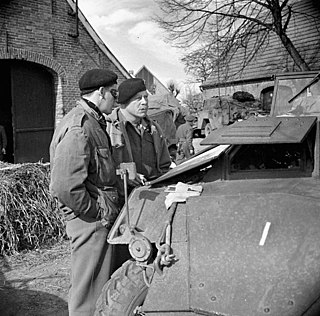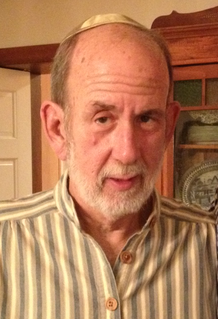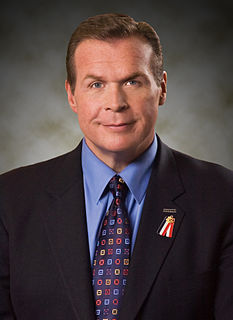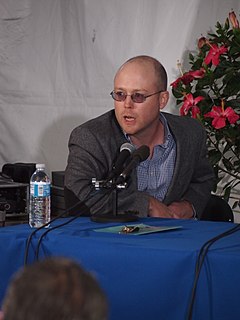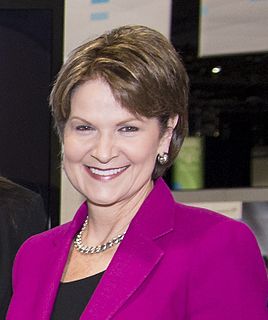A Quote by Benjamin Netanyahu
I don't know of any army that does more than an Israeli army does to avoid civilian casualties. But incidental and unintended casualties accompany every war.
Quote Topics
Related Quotes
"Peace" is a condition in which no civilian pays any attention to military casualties which do not achieve page-one, lead-story prominence-unless that civilian is a close relative of one of the casualties. But, if there ever was a time in history when "peace" meant that there was no fighting going on, I have been unable to find out about it.
I, serial number 30743, Lieutenant General in reserves Yitzhak Rabin, a soldier in the Israeli Defense Forces and in the army of peace, I, who have sent armies into fire and soldiers to their death, say today: We sail onto a war which has no casualties, no wounded, no blood nor suffering. It is the only war which is a pleasure to participate in - the war for peace.




